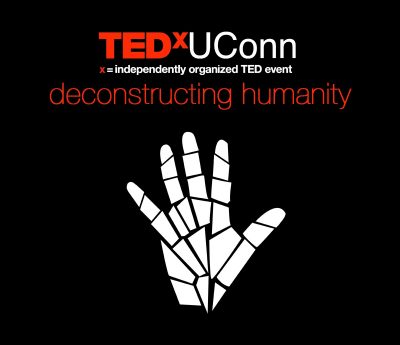
Is biology the only factor underlying illness? Or do patterns of injustice play a larger part in the status of one’s health? Alicia Ely Yamin illustrates the relation between health inequality and power structure and most importantly, tells us why we should care.
In the past, we have tried to explain the spread and existence of disease through models that lacked human insight. Johnson explores exciting new models for HIV/AIDS that take into account real, sociological factors.
Choi beautifully explores the stigmas behind Autism Spectrum Disorder (ASD), and how they are hurtful not only to those who fall on the Spectrum, but harmful to all of society.
What do you know about how the law sees domestic violence? What about in other countries? Do you think domestic violence is a public or private issue, or something in between? This talk explores how we stand on domestic violence, and what we can do to get to improve it.
“When I was raped my first year of college” is the start of DeBari’s profound look at sexual assault on college campuses, a pervasive issue that is beginning to come into the limelight.
What can we learn about human relations through the lens of slavery? And what does that have to do with Creolization? What is Creolization? Learn answers to these and more questions you probably haven’t thought about in this probing talk by Dr. Gordon.
How do you educate 600 of the poorest kids in Oaxaca, Mexico? Wenning looks at how to address socially ingrained structures of class inequality in new and exciting ways.
Move beyond climate change, and start focusing on Anthropogenic Climate Turmoil (ACT), the increasingly unpredictable weather patterns that have the most potential to cause damage to our human ecosystem. Dr. Merrill Singer, renowned medical anthropologist, discusses why we should begin to call these systems what they really are and how that can better help all communities to truly understand our changing environment.
UConn Sociology professor Dr. Pheobe Godfrey, accompanied by graduate student Devon Samuels, challenges the typical dialogue between instructor and student by arguing the importance of including empathy and intersectionality in the evolving education dynamic.